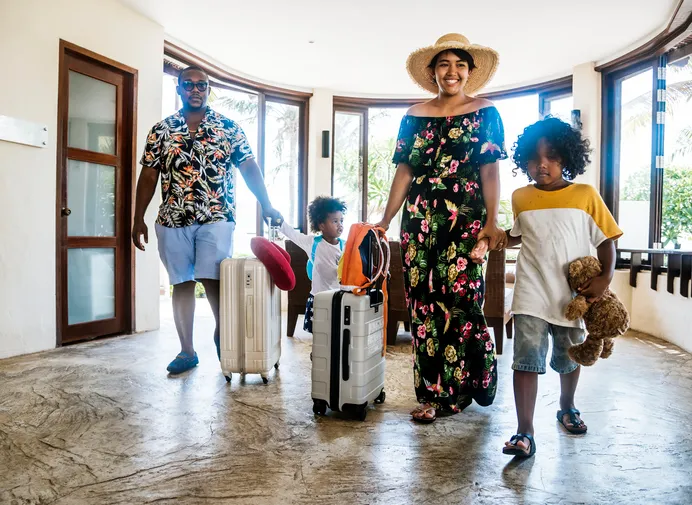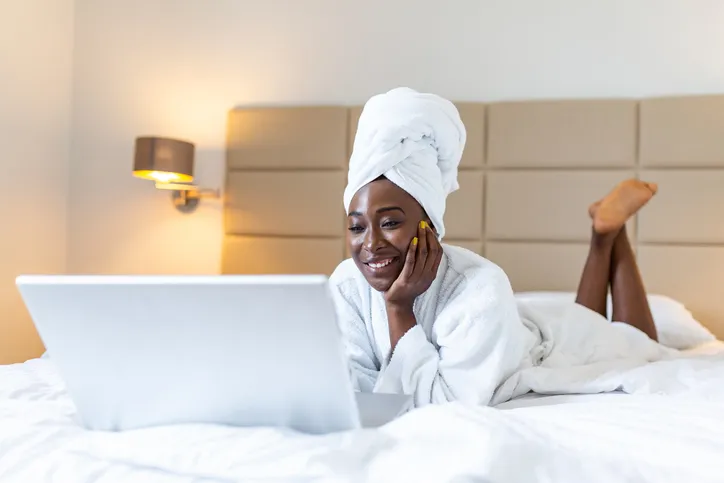Getting to the Bottom of the California Skittles Ban Before Things Get Crazy
I keep seeing people talking about a “Skittles Ban” on my Instagram timeline, so I had to start digging out of fear. What I found out has actually made me a bit more fearful about what spent my childhood putting in my body, and then passed on to my own children!
Californians just passed a real game changer – the Skittles Ban Bill. Now, don’t let the name fool you. They are not banning our beloved rainbow candies. It’s much deeper than that. The legislation is banning certain chemicals found in many foods, not just Skittles. We’re talking about artificial dyes and additives that give our food that pop of color and add shelf life.
The tea: studies have shown these chemicals to have all sorts of health impacts. They’ve been linked to behavior problems in children, allergies, and may even be carcinogenic. California’s done its homework and decided to protect its citizens.
So I’m like aren’t these chemicals approved by the FDA? Surely they can’t be that bad, right? Well, turns out other countries have already banned them and some companies are voluntarily removing them from their product line. It’s about time we catch up, you think?
Now, I know y’all are thinking – this is going to make our food more expensive, right? While there may be a slight increase in cost, it’s a small price to pay for our health. Plus, there are plenty of alternative natural dyes that can be used instead. And don’t even get me started on the environmental impact of these chemicals.
Let us not forget about the companies that will be affected by this bill. Sure, they may have to change their ingredients and production processes, but in the long run, it’s for the greater good. And let’s be real, they can afford it.
So what does this mean for us consumers? It means we can enjoy our favorite snacks without worrying about harmful chemicals. It also means we should start paying closer attention to the ingredients in our food and advocating for more responsible and transparent practices from food companies.
But what’s this got to do with North Carolina and the rest of the US? Well, if California can do it, why can’t we? This bill could set a precedent for other states to follow. Food producers might have to rethink their recipes if they want to keep selling nationwide. So, even if your state isn’t banning these chemicals, you might be seeing a lot fewer of them on the grocery shelves in the future.
This Skittles Ban ain’t about takin’ away our treats, it’s about making them safer. And who knows? If California can start this ripple, it might just turn into a wave across the whole US. Now, if you’ll excuse me, I’m off to stock up on some Skittles before they become a rare commodity in the rest of the country. Gotta get my fix while I still can.




